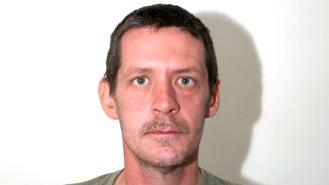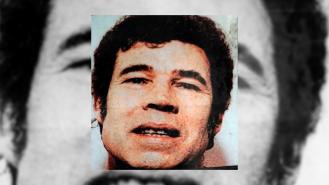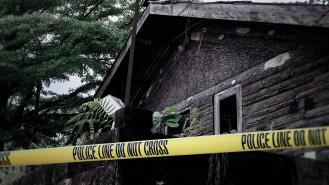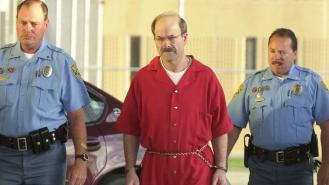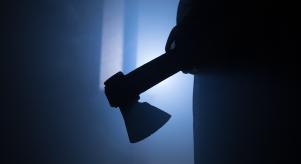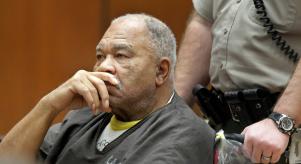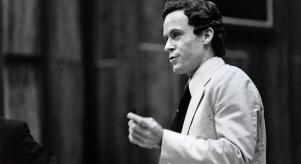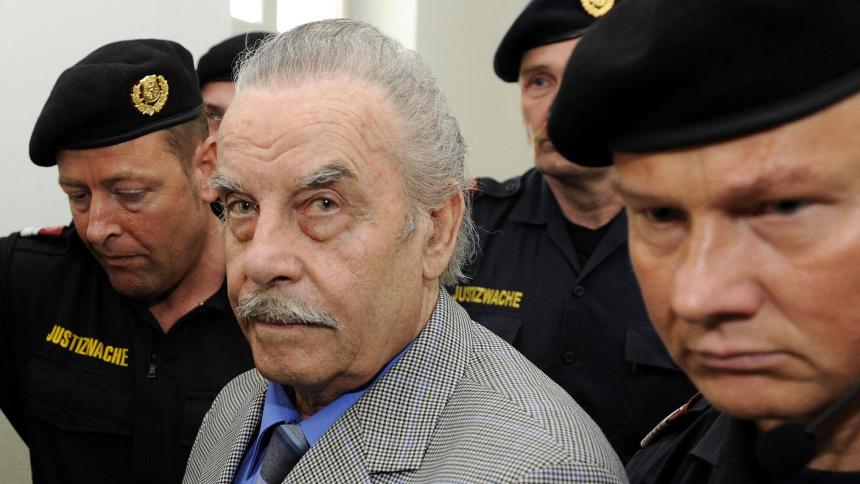
Josef Fritzl: The sex offender who kept his daughter prisoner for 24 years
The Josef Fritzl case is one of the most shocking and disturbing criminal cases in recent European history. It’s a story of almost unimaginable levels of cruelty and abuse.
The case, which was first brought to light in 2008, revolves around an Austrian man who kept his daughter captive for 24 years in a hidden cellar beneath his home.
This article explores the details of the case, including the grim reality of Elisabeth Fritzl’s captivity, the eventual revelation of the crimes, and the legal proceedings that followed.
Josef Fritzl
Josef Fritzl was born on 9th April 1935 in Amstetten, Austria. To neighbours and colleagues, he appeared to live a relatively normal life as a successful engineer. He married his wife Rosemarie in 1956 and fathered seven children. However, beneath this ordinary façade was a man capable of unimaginable atrocities.
The start of Elisabeth’s captivity
Elisabeth Fritzl, born in 1966, was one of Josef and Rosemarie’s children. Her nightmare ordeal began on 28th August 1984 when she was just 18 years old. Josef lured her into the basement of their home under the illusion that he needed help with a DIY job.
However, once there, he overpowered her, drugged her and handcuffed her in a soundproof, windowless cellar that he had meticulously prepared over several years.
Fritzl explained Elisabeth’s disappearance to his wife and family members as her running off to join a religious cult. He also forced Elisabeth to write letters supporting the story.
The cellar prison
Hidden beneath the Fritzl family home, the cellar was a dungeon of nightmares. Measuring around 600 square feet, it contained a small kitchen, bathroom and three tiny sleeping areas.
Over the next 24 years of her life, Elisabeth was kept captive and repeatedly raped by her father – giving birth to seven children without any medical assistance.
Elisabeth’s life in captivity
Elisabeth’s nightmare ordeal featured regular physical and psychological abuse. Fritzl would visit her to bring food and supplies and subject her to countless sexual assaults. For the first five years, she spent most of her time alone.
But over the subsequent years, she gave birth seven times in the squalid conditions of the cellar. Three of the children – Kerstin, Stefan and Felix – remained imprisoned in the cellar with her, never getting to feel the sun or breathe fresh air.
Three other children – Alexander, Lisa and Monika – were chosen by Fritzl to become the ‘upstairs’ family, enjoying a relatively normal life with him and his wife. His deception continued as he explained their arrival as foundlings that had been left on his doorstep, along with notes from Elisabeth saying she could not care for them.
A final child, a boy named Michael, died shortly after his birth. Fritzl secretly cremated the tiny body in a wood-burning stove.
The discovery
The horrific truth of Elisabeth’s life was revealed on 19th April 2008 after Kerstin, Elisabeth’s eldest daughter, became seriously ill. Fritzl allowed her to be taken to hospital, telling doctors Elisabeth had left the sick girl with him.
Kerstin’s critical condition and malnourishment caused suspicion among the medical staff. The police were alerted, an investigation was opened and an appeal was issued to Elisabeth to contact the authorities.
In the following days, Fritzl finally released Elisabeth and her two other children from the cellar dungeon, telling his wife Rosemarie that she had chosen to return home.
But, after receiving an anonymous tip-off, the police arrested Fritzl on suspicion of incest and abduction. During police questioning, Elisabeth, who was then 42, revealed her decades-long imprisonment.
Legal proceedings
The police investigation and trial of Josef Fritzl captured global attention and shed light on the monstrous acts that he committed over two decades.
His trial began in March 2009 where he faced multiple charges, including incest, rape, coercion, false imprisonment, enslavement and negligent homicide of an infant.
Elisabeth’s testimony was the cornerstone of the prosecution’s case. Her disturbing account detailed the extensive physical and psychological abuse she had endured and provided a harrowing insight into her 24 years of captivity. DNA evidence conclusively proved that Fritzl was the father of Elisabeth’s children.
Fritzl was found guilty on all counts and sentenced to life imprisonment. In 2024, aged 88 and suffering from dementia, a court ruled that he could be moved to a regular prison. The ruling paved the way for him to be released eventually and transferred to a nursing home.
‘The monster of Amstetten’
The Josef Fritzl case remains one of the most disturbing criminal cases in modern history. Whilst Elisabeth and her children have since taken new identities to rebuild their lives, the legacy of Fritzl’s crimes continues to influence social and legal reforms.
